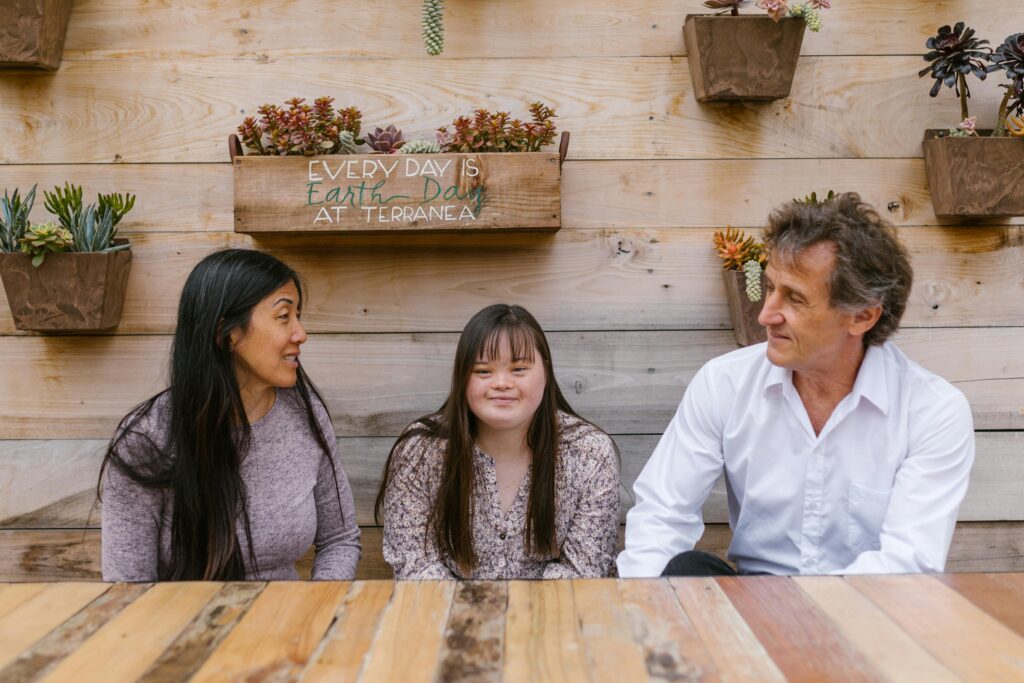Introduction
Relationships require constant effort, understanding, and effective communication to thrive. When one or both partners have Attention-Deficit/Hyperactivity Disorder (ADHD), these dynamics become even more complex. ADHD affects attention, impulse control, emotional regulation, and executive functioning—all of which play crucial roles in how people interact with their partners.

Misunderstandings, frustration, and feelings of neglect are common in relationships where ADHD is a factor. However, with the right strategies, couples can build stronger connections and improve communication. This in-depth guide explores the specific challenges ADHD brings to relationships, why they occur, and practical solutions to foster healthier interactions.
Understanding ADHD and Its Impact on Relationships
ADHD is often misunderstood as simply a “focus disorder,” but its effects run much deeper. It influences how individuals process information, regulate emotions, and respond to their environment—all of which shape relationship dynamics.
Core ADHD Symptoms That Affect Relationships
- Inattention & Distraction
- Difficulty staying present in conversations
- Frequently forgetting important dates or commitments
- Appearing disinterested even when they care deeply
- Impulsivity
- Interrupting or speaking without thinking
- Making rash decisions without consulting their partner
- Struggling to control immediate emotional reactions
- Emotional Dysregulation
- Intense emotional reactions to small triggers
- Quick shifts from calm to upset
- Difficulty calming down after conflicts
- Executive Dysfunction
- Poor time management (chronic lateness, missed deadlines)
- Disorganization leading to misplaced items or forgotten tasks
- Difficulty following through on promises
These symptoms can create recurring conflicts if not properly addressed. The non-ADHD partner may feel ignored, disrespected, or burdened, while the ADHD partner may feel unfairly criticized for behaviors they struggle to control.
Common Communication Problems in ADHD Relationships
1. The “Zoning Out” Problem
Many ADHD partners unintentionally tune out during conversations, especially if the topic isn’t immediately engaging. Their partner may interpret this as indifference, leading to resentment.
Why It Happens:
- ADHD brains seek high-stimulation interactions; mundane discussions are harder to focus on.
- Working memory deficits make it difficult to retain spoken details.
How to Fix It:
- Use direct eye contact and minimize distractions (put phones away).
- Break long conversations into shorter segments.
- Use visual aids (notes, lists) to reinforce important points.
2. Impulsive Reactions & Arguments
ADHD can lead to rapid-fire responses without filtering thoughts. A partner might blurt out something hurtful, escalate a minor disagreement, or make impulsive decisions that affect the relationship.
Why It Happens:
- Poor impulse control is a neurological trait of ADHD.
- Emotional regulation difficulties make it hard to pause before reacting.
How to Fix It:
- Implement a “cooling-off” rule—take a 10-minute break if emotions run high.
- Practice “think before speaking” techniques (counting to three before responding).
- Use written communication (texts/emails) for sensitive topics to allow time for reflection.
3. Forgetfulness & Broken Promises
An ADHD partner might forget anniversaries, chores, or important discussions, making their partner feel unimportant.
Why It Happens:
- ADHD affects working memory—details slip away easily.
- Out of sight, out of mind: If not immediately reminded, tasks are forgotten.
How to Fix It:
- Use shared digital calendars with reminders.
- Establish routines (e.g., always discussing plans over dinner).
- Implement visual cues (sticky notes, whiteboard lists).
4. Emotional Overwhelm & Meltdowns
Small criticisms can feel like major attacks to someone with ADHD, leading to disproportionate reactions. This can make conflict resolution difficult.
Why It Happens:
- ADHD brains process emotions more intensely.
- Rejection Sensitivity Dysphoria (RSD) makes criticism feel unbearable.
How to Fix It:
- Use gentle phrasing (“I feel” statements instead of “You always…”).
- Establish safe words to pause discussions before they escalate.
- Practice mindfulness techniques to manage emotional spikes.
Strategies to Strengthen Communication
For the ADHD Partner:
✔ Use “Body Doubling” – Have someone nearby (even silently) to help stay on task.
✔ Set Phone Alarms for important reminders (e.g., “Call partner at 7 PM”).
✔ Request Clarification – If you miss details, ask your partner to repeat them.
For the Non-ADHD Partner:
✔ Give Clear, Concise Instructions – Avoid long-winded explanations.
✔ Pick the Right Time to Talk – Avoid bringing up serious topics when they’re distracted.
✔ Offer Positive Reinforcement – Acknowledge efforts, not just mistakes.
For Both Partners:
✔ Weekly Check-Ins – Dedicate time to discuss concerns without distractions.
✔ Therapy & Coaching – ADHD-specific counseling can provide tailored tools.
✔ Educate Yourselves – Read books like The ADHD Effect on Marriage by Melissa Orlov.
FAQs About ADHD and Relationships
1. Can ADHD ruin a relationship?
ADHD doesn’t have to ruin relationships, but untreated symptoms can create persistent conflicts. With awareness, strategies, and sometimes professional help, couples can thrive.
2. Why does my ADHD partner shut down during arguments?
Emotional overwhelm is common. They may need a break to process before continuing the discussion.
3. How do I stop feeling like a parent to my ADHD partner?
- Encourage independence with tools (reminders, lists).
- Avoid micromanaging—let them handle consequences.
- Seek couples therapy to rebalance responsibilities.
4. Is ADHD a valid excuse for hurtful behavior?
ADHD explains certain behaviors but doesn’t excuse them. Both partners must work on communication and accountability.
5. Should we consider medication?
If ADHD symptoms severely impact the relationship, medication (under a doctor’s guidance) may help with focus and impulse control.
Final Thoughts
ADHD adds unique challenges to relationships, but it doesn’t make them impossible. By understanding how ADHD affects communication, implementing structured strategies, and practicing patience, couples can build deeper connections.
If you see your relationship in these struggles, start small: pick one communication technique to try this week. Progress takes time, but with effort, ADHD can become a manageable part of your relationship—not a barrier.
Would you like additional personal stories or expert quotes to further enrich this piece? Let me know how I can tailor it to your needs.

